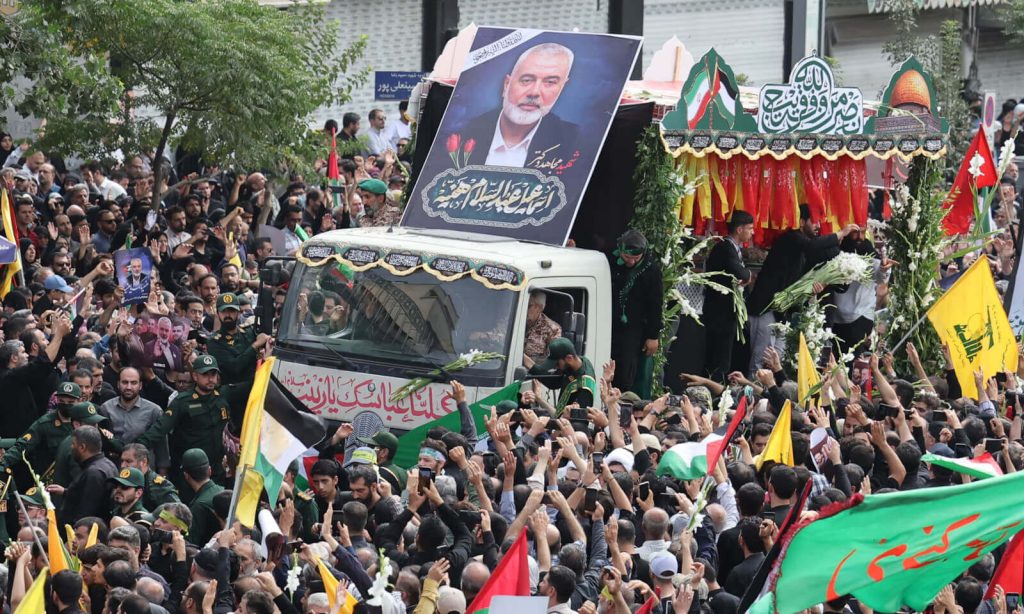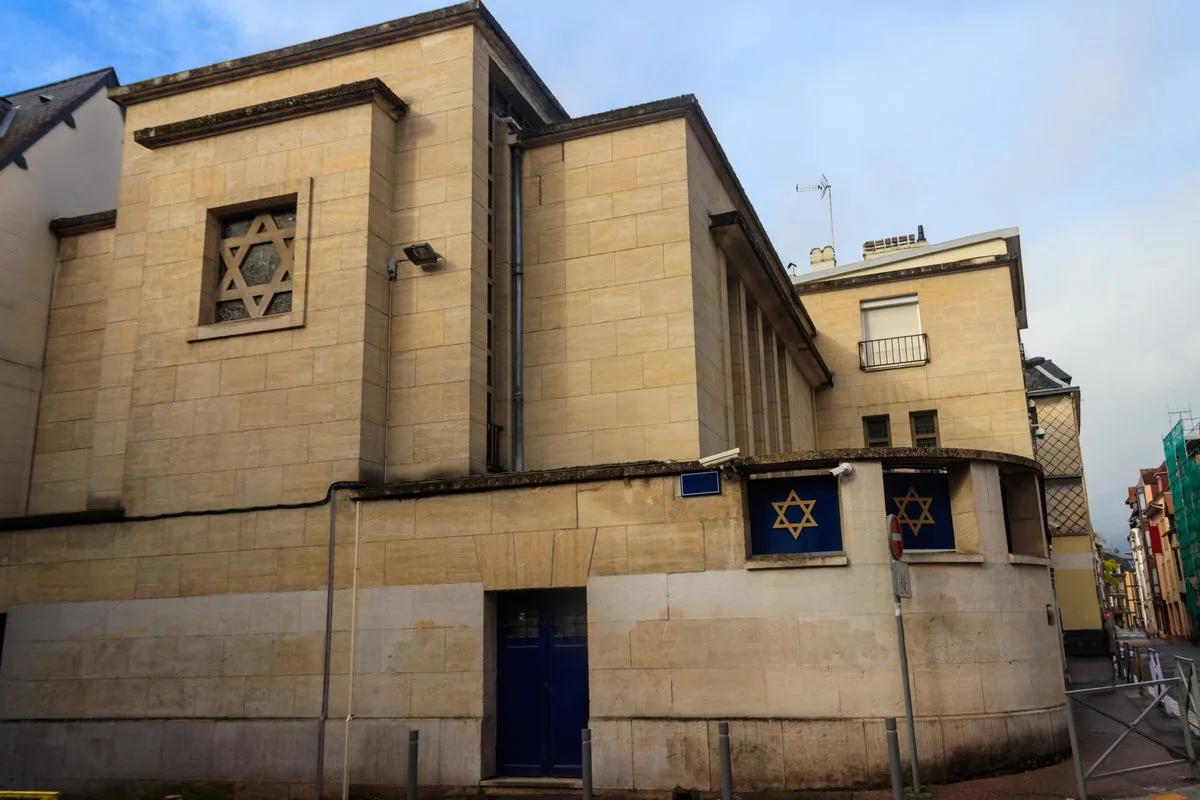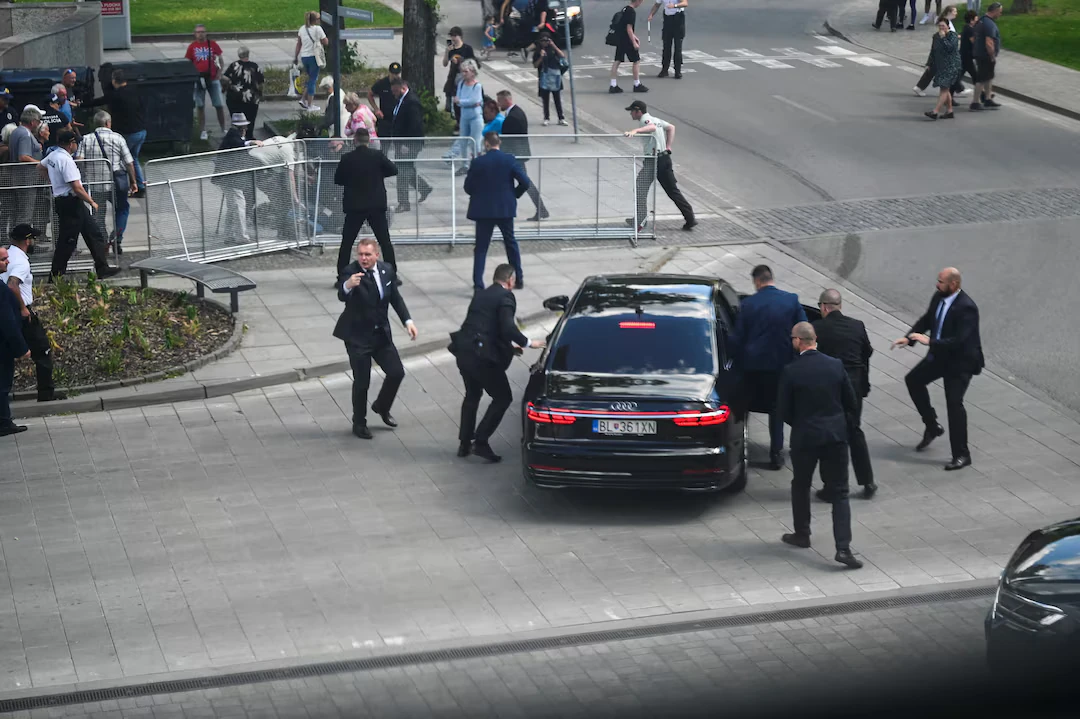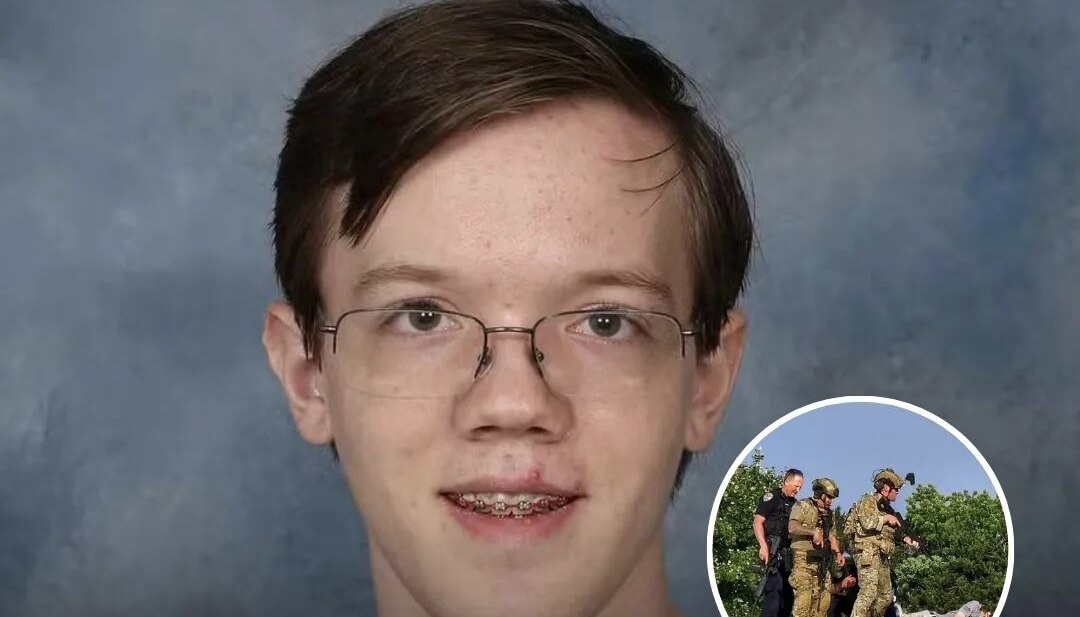A funeral procession for the assassinated Hamas political leader Ismail Haniyeh was held in the Iranian capital of Tehran on Thursday, amid fears that his killing, blamed on Israel, could escalate into a regional war.
Iran’s supreme leader, Ayatollah Ali Khamenei, led the prayers over the coffins of Haniyeh and his bodyguard, draped in traditional black and white Palestinian scarves, at the University of Tehran. Iranian state television showed crowds of mourners dressed in black and carrying posters of Haniyeh and Palestinian and Hamas flags. Many people threw flowers on the coffins as they passed by.
Speakers at the ceremony, attended by Khamenei, Iran’s new president, Masoud Pezeshkian, and the Revolutionary Guards chief, Gen Hossein Salami, vowed that Haniyeh’s death would be avenged. Members of the crowd chanted “death to Israel, death to America” during a speech from Iran’s parliamentary speaker, Mohammad Bagher Ghalibaf, who said it was the country’s duty to “respond at the right time and in the right place.”
Khalil al-Hayya, Hamas’s deputy chief in Gaza, pledged that Haniyeh’s work would live on and “we will pursue Israel until it is uprooted from the land of Palestine.” Haniyeh’s remains are due to be transferred to Qatar, his home, for burial on Friday.
The 62-year-old Hamas leader, who led the Islamist movement’s participation in ceasefire talks in the war in Gaza, was killed by a missile attack on his safe house in Tehran in the early hours of Wednesday morning during a visit for Pezeshkian’s inauguration as president. His death is likely to affect progress in the internationally mediated negotiations, which were already faltering.
Israel has not claimed responsibility for the killing, although it has a record of international targeted killing operations. Haniyeh’s death came just hours after Israel claimed it had killed Fuad Shukr, the second in command of the powerful Lebanese militia Hezbollah, in a missile strike in the Lebanese capital, Beirut. Shukr had been blamed for a rocket strike last week that killed 12 young people in the Golan Heights, the most serious loss of life in Israeli-controlled territory since Hamas’s 7 October attack that triggered the war in Gaza.
Also on Thursday, the Israel Defense Forces confirmed an airstrike in Gaza last month had successfully killed its target, Hamas’s military commander, Mohammed Deif. Hamas had no immediate comment on the Israeli announcement.
Israel and Hezbollah have traded tit-for-tat cross-border attacks since the Lebanese militia began firing on Israel to aid its Palestinian allies, and the conflict has steadily escalated over the past 10 months. The dual assassinations are heavy blows to Hamas and Hezbollah, but also raise the stakes for Iran, which backs both groups and has vowed revenge. The New York Times, citing Iranian officials, reported that Khamenei has ordered Iran to strike Israel directly in response, raising fears that the war in Gaza is on the brink of morphing into a broader regional conflict.
The fighting in the Gaza Strip has also drawn in Iran-backed militant groups in Syria, Iraq, and Yemen, which have fired drones and missiles at Israel and US assets in the region. Tehran directly attacked Israel for the first time ever in April, after a strike it blamed on Israel killed several senior Revolutionary Guards at the Iranian consulate in the Syrian capital of Damascus.
The assassinated Hezbollah commander Shukr is due to be buried in Beirut on Thursday afternoon. The group’s secretary general, Hassan Nasrallah, is expected to make a speech which will be closely followed for clues as to Hezbollah’s course of action. Nasrallah reportedly sent a message to Israel through US mediators last week that strikes on the Lebanese capital would cross a red line, and result in an attack on Tel Aviv.











Simplywall I appreciate you sharing this blog post. Thanks Again. Cool.
gwmdAtuRkWyj
cjSNFaPnYJTkMt
Your blog is a treasure trove of valuable insights and thought-provoking commentary. Your dedication to your craft is evident in every word you write. Keep up the fantastic work!
nYGXCzey